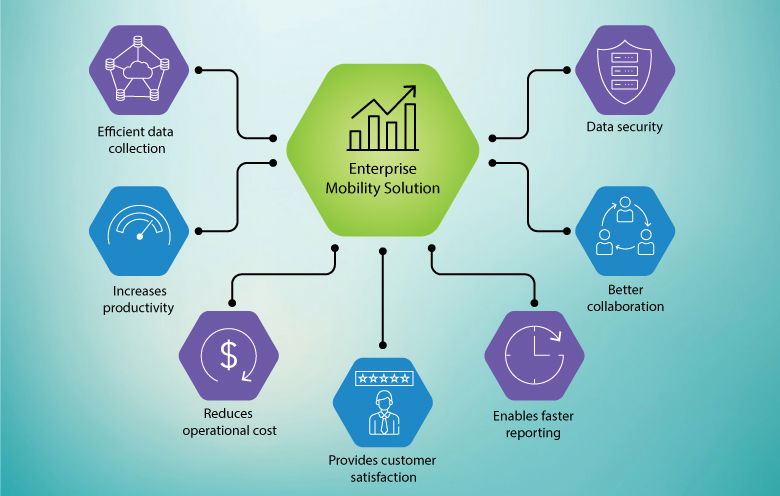Modern enterprises choose to develop mobile apps using cross-platform technologies, which enable them to build mobile apps that can be operated on multiple mobile platforms.
Nowadays, there are various frameworks to create a cross-platform mobile application, however, the widely used ones are Ionic and React Native. Now to figure out which one is best for your mobile app development is really a challenging task. This blog will help you to understand in detail about Ionic and React Native frameworks and determine which one would be best suited for your project requirement.
What’s Ionic
Ionic is a cross-platform framework with the open-source SDK, which is mainly used to develop a hybrid mobile application using JavaScript, CSS, and HTML5 programming languages. Besides, the Ionic Framework is created on AngularJS and Apache Cordova, which are popular web frameworks offering advanced tools and services to build a native-styled hybrid mobile application.
There are numerous benefits of hybrid apps compared to native apps, particularly in terms of speed of development. Generally, Ionic app development allows native mobile components to have an attractive design and seamless navigation.
What’s React Native
React Native app development is basically done with Javascript libraries, useful for building a smooth user interface. React Native uses native components which offer the user experience similar to other native apps. React Native allows developers to reuse existing code which makes application delivery faster and its code can be used across both platforms, iOS and Android, giving better performance and interactive mobile user interface at the same time.
What are the major differences between Ionic and React Native
| Platform | Ionic | React Native |
|---|---|---|
| Nature of apps | Hybrid apps | Cross-platform |
| Programming language | Uses web technologies like TypeScript, AngularJS, HTML, CSS, JavaScript | Uses React and JavaScript |
| Components available | More pre-developed & pre-styled components | Very few pre-developed components |
| Developed by | Drifty.Co | |
| Ease of development | Write only once, and executed anywhere | Learn only once and write on any platform |
| Code reusability | The code can be reused to create iOS, Android, Windows Phone, web, desktop & Progressive Web
Apps |
The code can only be reused to develop Android, iOS & Windows Phone Apps |
| Code performance | Due to WebView, it’s slow compared to React Native | Closer native look and comparatively faster |
| Code testing | Code can be tested on any browser | Code can only be tested on real mobile device or emulator |
| Supported platforms | Android, iOS, UWP, and PWA | Android, iOS, UWP |
| Companies already using | JustWatch, Pacifica, Cryptochange, Untappd, Nationwide, and more | Instagram, Airbnb, UberEATS, Facebook |
The final say
The above comparison clearly shows that both the frameworks serve a different purpose and are powerful in their own ways. However, when it comes to choosing a framework, it is important to consider various factors such as business requirements, deadline, functionalities required, budget, and more. If you want to develop a mobile application and want to know which framework would be ideal for it, then talk to our experts.



